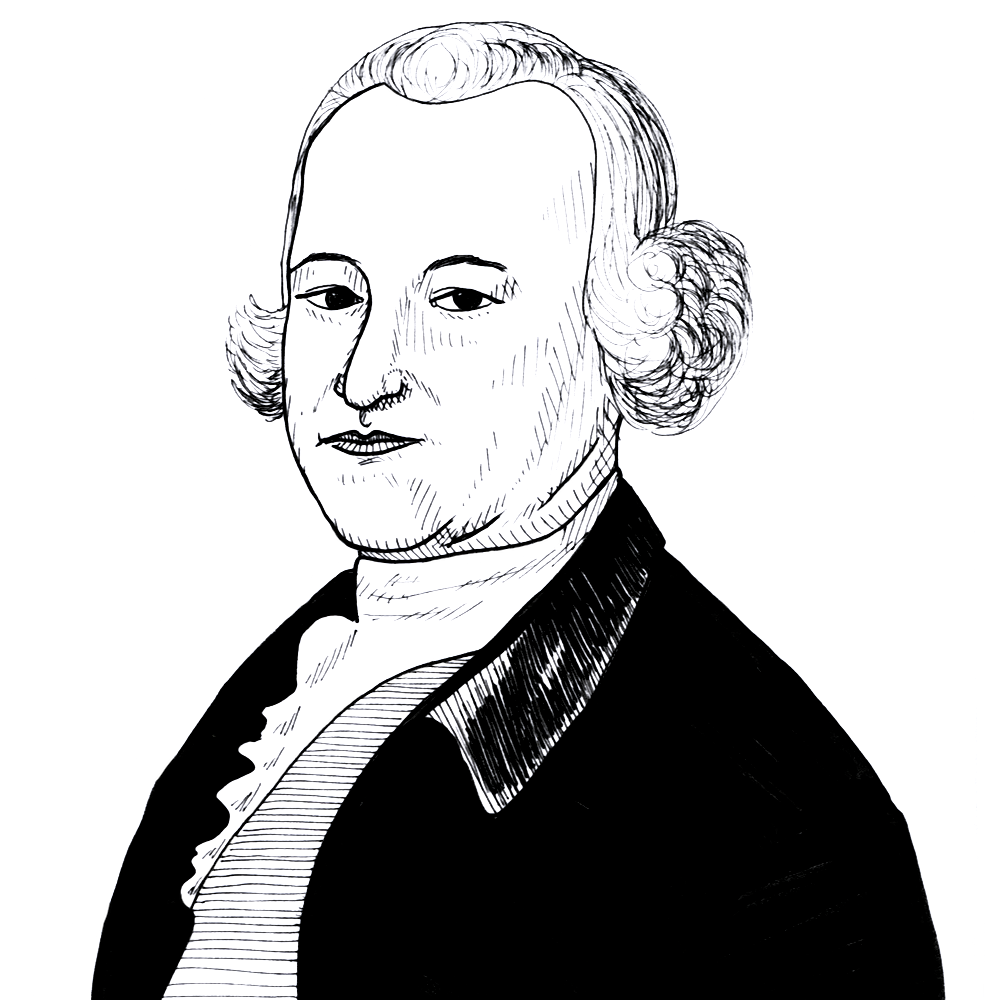
James Otis on the right of the people to alter their government (1764)
Found in: Collected Political Writings of James Otis
The Massachusetts lawyer and revolutionary pamphleteer James Otis (1725–83) argued as early as 1764 that people had a natural right to alter their government and should so by agreement or “compact”:
Origin of Government
The form of government is by nature and by right so far left to the individuals of each society, that they may alter it from a simple democracy or government of all over all, to any other form they please. Such alteration may and ought to be made by express compact: But how seldom this right has been asserted, history will abundantly show. For once that it has been fairly settled by compact; fraud force or accident have determined it an hundred times. As the people have gained upon tyrants, these have been obliged to relax, only till a fairer opportunity has put it in their power to encroach again.